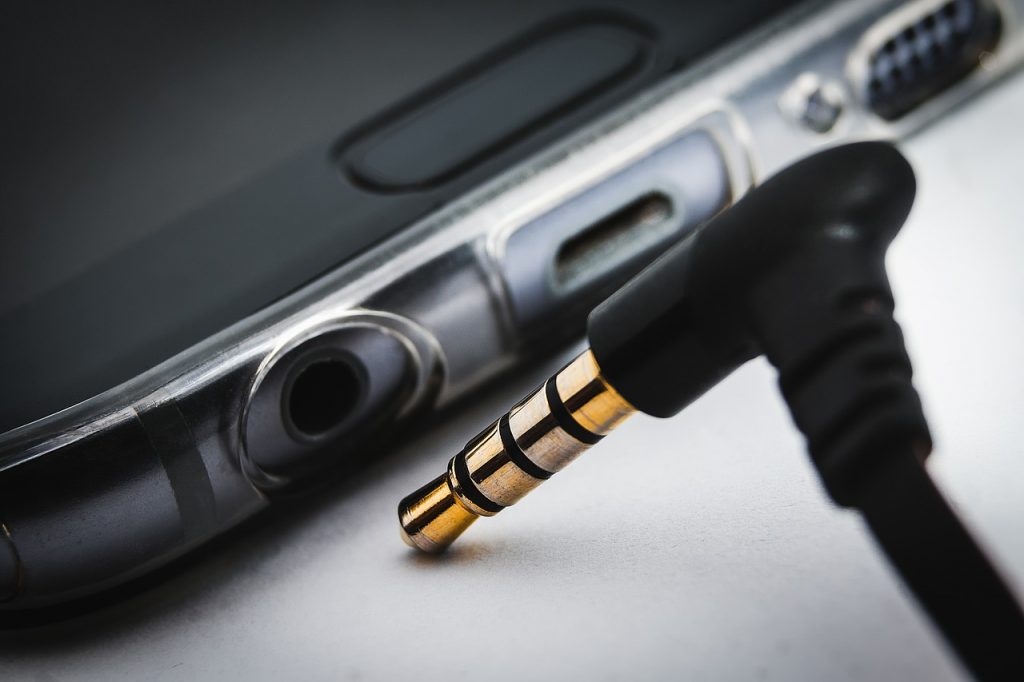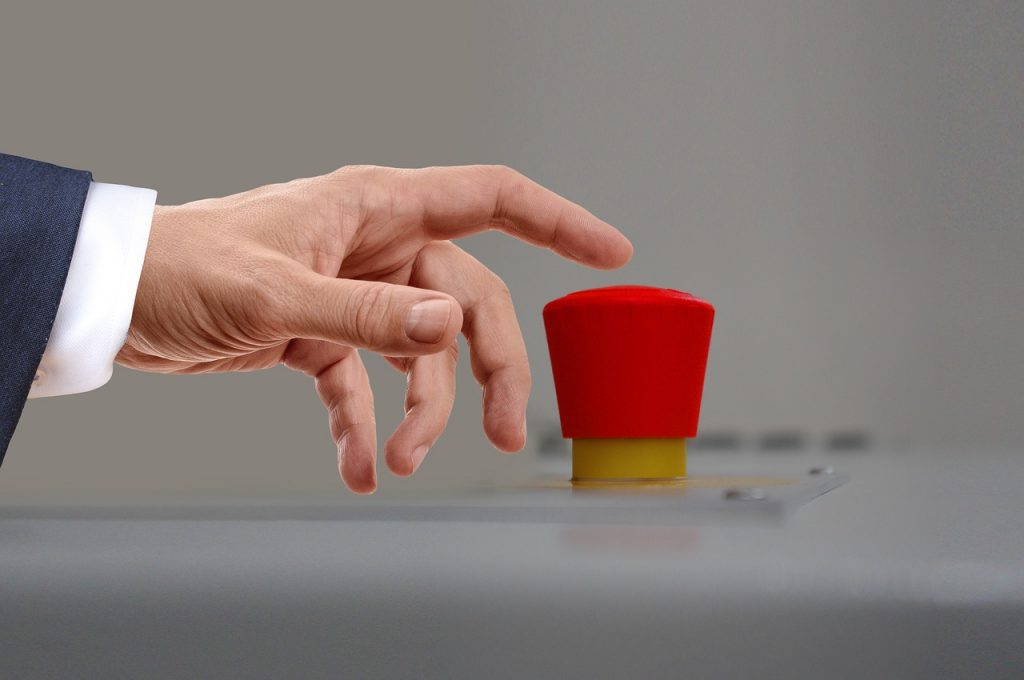Dr. Huberman has created a set of tips that you might find helpful as you navigate the day-to-day emotional challenges of life.
Managing Stress: The Art of Disconnecting
Perhaps the single greatest source of stress we face today is the constant barrage of…
Alter Your Diet After Weight Loss Surgery
Make meaningful changes in your diet. Patients who have had weight loss surgery will likely…
Seek out Support After Weight Loss Surgery
Seek out people who will support your endeavor. There is no better way to stay…
Managing Your Weight: Practice Mindful Eating
There has been a great deal of talk about this concept of “mindfulness.” What does…
Listen to Your Stomach After Weight Loss Surgery
Eat slowly and “listen” to your stomach. This includes learning to eat slowly and to…
Exercise After Weight Loss Surgery
Exercise! The two major behavior changes one can make to lose weight are to reduce…
Tips for Better Sleep
Want to sleep better? Start making it a priority rather than an afterthought. We are…
Find Your Triggers After Weight Loss Surgery
Address reasons that trigger you to eat! The first two years after surgery are often…
How to Relax
Want to relax? Start uni-tasking. Don’t recognize that word? That’s because it’s a lost art—the…
What Do I Do After Weight Loss Surgery?
Okay, I’ve had the surgery. Am I done now? I’m afraid not. Think of your…
Managing Your Weight: Start a Journal
In study after study, the one behavior most closely associated with successful weight loss is…
Topics
Use the following menu to find articles and tips pertaining to specific topics.










